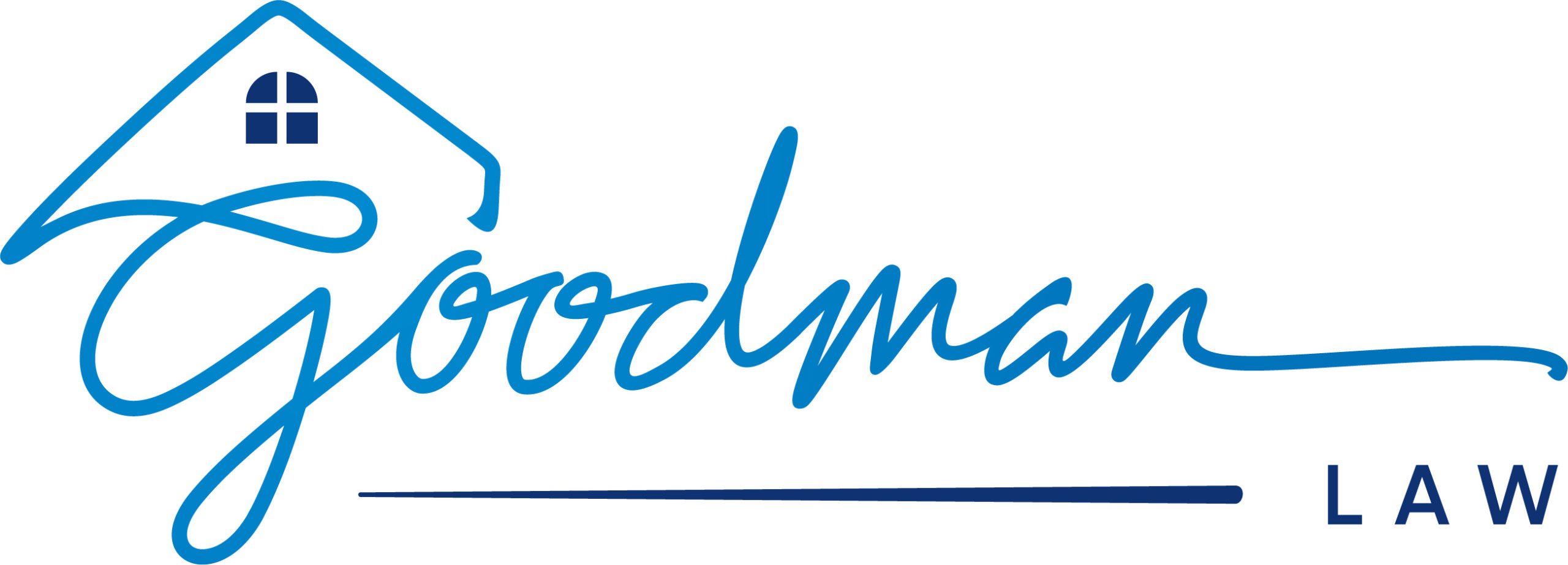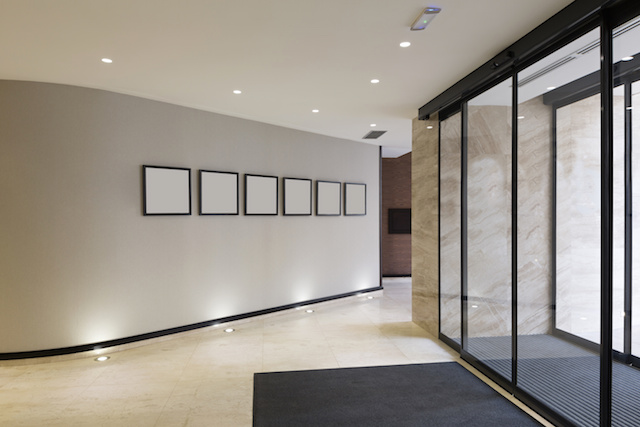HOAs are, for the purposes of tort liability, generally considered the owners of property such as common areas, which can result in liability for injuries that occur on that property due to dangerous conditions. But another area of potential tort liability is through the concept of vicarious liability, which makes one party liable for another’s negligent actions based on the party’s relationship with the negligent party. Questions of vicarious liability are rarely cut-and-dry, especially in the context of a non-profit organization like an HOA, so an HOA should always consult with an attorney, but here are a few concepts to keep in mind.
HOAs Can Be Vicariously Liable for an Employee’s Negligent Acts
One of the classic ways that an organization can be found vicariously liable for an individual’s acts is when there is an employer-employee relationship between the organization and the negligent individual. There are a variety of ways in which an HOA can be structured, and there are a number of HOAs that may be run entirely on a voluntary basis and not consider themselves to have any employees at all, but a court may view an individual as an HOA’s employee regardless of what the HOA calls the individual.
If an individual is considered an employee of the HOA, and the act that injured a victim happened while the individual was acting within the “scope of employment” for the HOA, then the HOA could potentially be vicariously liable. Note, that an act does not necessarily have to be specifically authorized by the HOA for it to be considered within the scope of employment if the employee thought he was acting within the scope of his employment.
HOAs May Also Be Liable for Acts By Management and Independent Contractors
Even where the negligent actor was definitely not an employee of the HOA, an HOA also may be vicarious liable under what is called an “agency theory” if a court determines that the individual who committed the act was acting as an agent on behalf of the HOA as a principal.
This often comes up in situations involving the management company of an HOA community and its employees as well as independent contractors who are brought in to do work such as making repairs or engaging in construction. The question of whether the individual or company that caused an injury was acting within the scope of acts authorized by the HOA will also be important here in determining whether the HOA could be vicariously liable.
In all situations where an HOA has reason to consider potential liability for another’s acts, the HOA should consult with an experienced HOA attorney to assess its risks and take strategic action.
Work With an HOA Lawyer in Handling all HOA Legal Matters
At Goodman Law Group, our sole focus is on meeting the legal needs of HOAs, including creating and implementing HOA policy and responding to homeowner concerns. Contact us today to discuss any legal challenge your HOA is facing.

